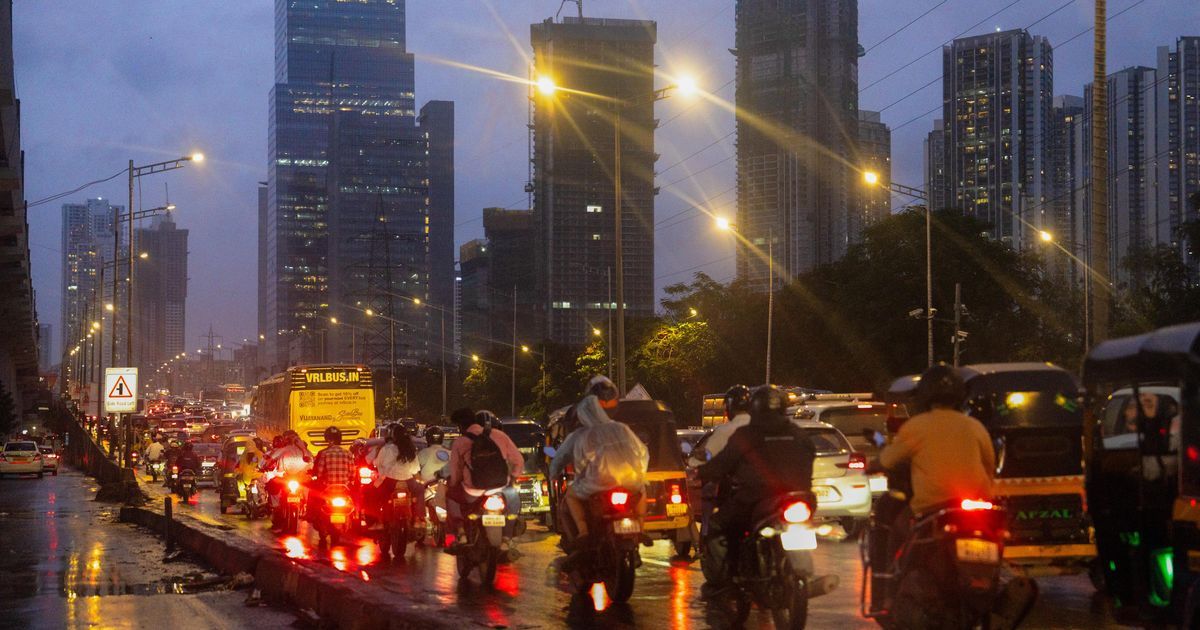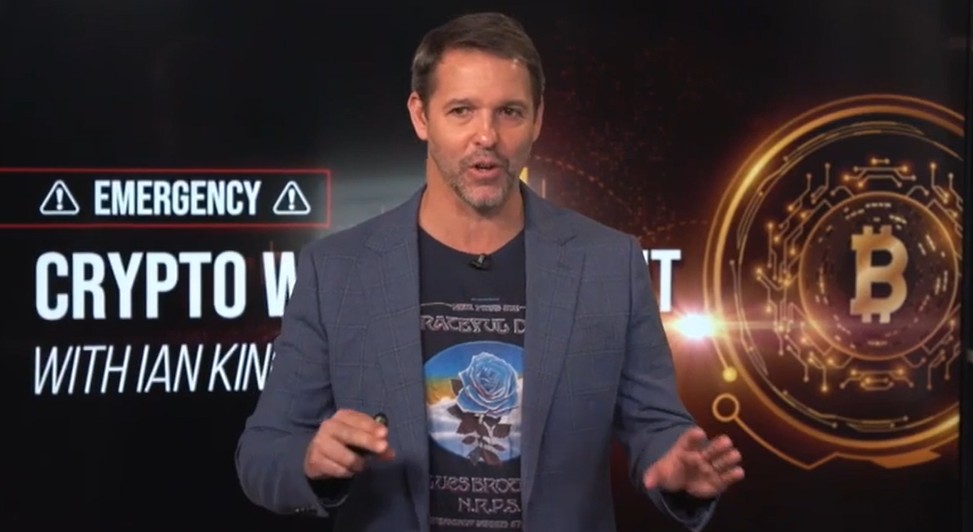This will be the last time I bring up this article from Nathan Robinson, I promise! But it presented a lot of opportunities to point out confusions and misunderstandings, and I’m loath to let such a good opportunity pass.
A reliable indicator that someone has badly misunderstood an argument is when they claim their opponents “totally fail to understand” something that is actually incredibly obvious and fully understood by all parties. (“Evolution says life has been evolving to become more complex over time, but evolutionists totally fail to understand this violates the second law of thermodynamics, which says things become more disorderly over time!”) Robinson falls into this rut pretty reliably, and often declares that the views of free market advocates fail to account for things that are in fact widely understood and fully accounted for by pretty much every free market advocate in the history of ever.
On this occasion, what he claims free market advocates fail to understand is that people’s choices are often limited by their circumstances, particularly by poverty. “Free market capitalists totally fail to understand” this, Robinson claims, which means they “can make arguments (as made by the organization DeVos is a board member of) that child labor is a good thing, because they see the choice to go to work as freely made, failing to see how people’s level of economic despair can cause them to make ‘choices’ that they very much do not want to make.” Thus, says Robinson, “If my choice is to send my child down a mine or have my family starve to death, then I will send my child down a mine. But I still don’t want to send my child down a f****** mine.”
In other words, Robinson is claiming that free-market advocates fail to understand the concept of choice under constraint. This is immediately and obviously absurd to anyone outside of Robinson’s particular echo-chamber, and claims like this all but assure Robinson’s arguments will never be taken seriously by anyone outside that echo-chamber. Of course free-market economists understand that the choices people make are structured by the constraints they face – choice under constraint and the limits imposed by resource scarcity are at the very core of free market economics. As Peter Boettke succinctly said, “Simply put, constraints matter. Human action always takes place against given constraints…Scarcity, choice and the necessity of trade-offs is at the core of the first lesson of economics.” Robinson says “choice does not occur in a vacuum” and that “it’s necessary to understand how choices are structured” as if he thinks this is some devastating rebuttal at the core of free-market thinking, but in doing so he only reveals that he lacks even a minimal understanding of what, and how, free-market economists actually think.
I’ll try to clarify the issue regarding child labor. Suppose there are three states of the world, described below:
Best: Your family prospers, without the children needing to work
Bad: Your family avoids starvation, because your children work
Catastrophic: You and your family starve to death
Robinson and free-market economists would both agree these situations are ranked from best to worst. But Robinson claims that free-market economists “totally fail to understand” that people in the Bad scenario are only making that choice to avoid the Catastrophic scenario, and would actually prefer to be in the Best scenario. But, nothing about opposing bans on child labor rests on a failure to recognize this. What free-market advocates instead say, as I have put elsewhere, is that “Other people are generally better than you are at knowing their own circumstances, preferences, and what would be in their own best interests.” If someone makes a choice putting them in the Bad state, free market economists don’t take that as proof that the Bad scenario is their true, unconstrained preferences in some grand and abstract sense. Instead, it indicates they face a choice between Bad and Catastrophic. This isn’t good, but taking the Bad choice away from them doesn’t result in them moving up from Bad to Best – it just pushes them down from Bad to Catastrophic.
Where free-market economists also differ from socialists like Robinson is how to move more people out of the Bad and into the Best scenario. Socialists tend to see the solution as laws banning people from making the Bad choice along with pushes towards using redistribution to achieve income equality. Market oriented economists see the solution as depending on economic growth, and thus tend to emphasize policies that maximize that growth.
For 99% of the time humanity has existed, Bad was the best anyone could hope for, with Catastrophic being extremely common. It’s only in very recent history that people have begun moving en masse from Bad to Best. This change didn’t occur because existing resources suddenly started getting shared more equally. In the precapitalistic era of, say, the year 1500, only a tiny number of people were in the Best scenario – royalty, nobility, and the extremely wealthy. If someone could go back to that time, and wave a magic wand that took the combined wealth of all those privileged few and equally redistributed it among the population, the end result would still be that everyone was living in back-breaking poverty and desperately clinging to the Bad to avoid the Catastrophic. It wouldn’t have lifted the whole population or even a subset up from Bad to Best. There simply wasn’t enough wealth for that to happen.
If some king or lord in 1500 passed a law banning child labor, that too wouldn’t have moved anyone from Bad to Best. Such a law would have been either evaded, to avoid the Catastrophic, or if sufficiently enforced made Catastrophic the new norm. Growth, not equalization, is what lifts civilizations up from poverty and makes child labor a thing of the past. In Living Together, David Schmidtz said of famine what could easily be said of child labor and the many other persistent hardships of humanity’s long history:
Similarly, those with truly good intentions set aside theatrical displays of moralistic hand wringing over their fears and worries about purity of intentions, and ask instead what made societies wealthy enough to no longer depend on child labor. It wasn’t equality. Nor was it simply a matter of simply banning the practice. Child labor restrictions of course do exist in the wealthy nations of the world, but they came about after those societies already achieved the economic growth that made child labor all but unnecessary in the first place. The real driving force was, and is, economic growth. Focusing on that answer doesn’t permit one to engage in the kind of unserious moral showboating Robinson likes to engage in – to preach to those in your echo chamber how people who disagree with your views only do so because they “totally fail to understand” what is actually obvious and fully understood. But it has the virtue of being true.
(0 COMMENTS)
Source link





































